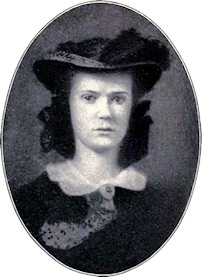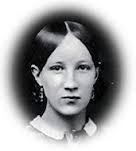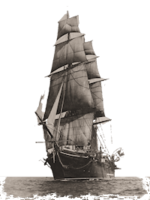Monday, February 23d.
Here goes! News has been received that the Yankees are already packed, ready to march against us at any hour. If I was up and well, how my heart would swell with exultation. As it is, it throbs so with excitement that I can scarcely lie still. Hope amounts almost to presumption at Port Hudson. They are confident that our fifteen thousand can repulse twice the number. Great God! – I say it with all reverence – if we could defeat them! If we could scatter, capture, annihilate them! My heart beats but one prayer – Victory! I shall grow wild repeating it. In the mean time, though, Linwood is in danger. This dear place, my second home; its loved inhabitants; think of their being in such peril! Oh, I shall cry heartily if harm comes to them! But I must leave before. No use of leaving my bones for the Yankees to pick; better sing “Dixie” in Georgia.
To-morrow, consequently, I go to that earthly paradise, Clinton, thence to be re-shipped (so goes the present programme) to Augusta in three days. And no time for adieux! Wonder who will be surprised, who vexed, and who will cry over the unforeseen separation? Not a single “good-bye”! Nothing – except an old brass button that Mr. Halsey gave me as a souvenir in case he should be killed in the coming assault. It is too bad. Ah! Destiny! Destiny! Where do you take us? During these two trying years, I have learned to feel myself a mere puppet in the hands of a Something that takes me here to-day, to-morrow there, always unexpectedly, and generally very unwillingly, but at last leads me somewhere or other, right side up with care, after a thousand troubles and distresses. The hand of Destiny is on me now; where will it lead me?









